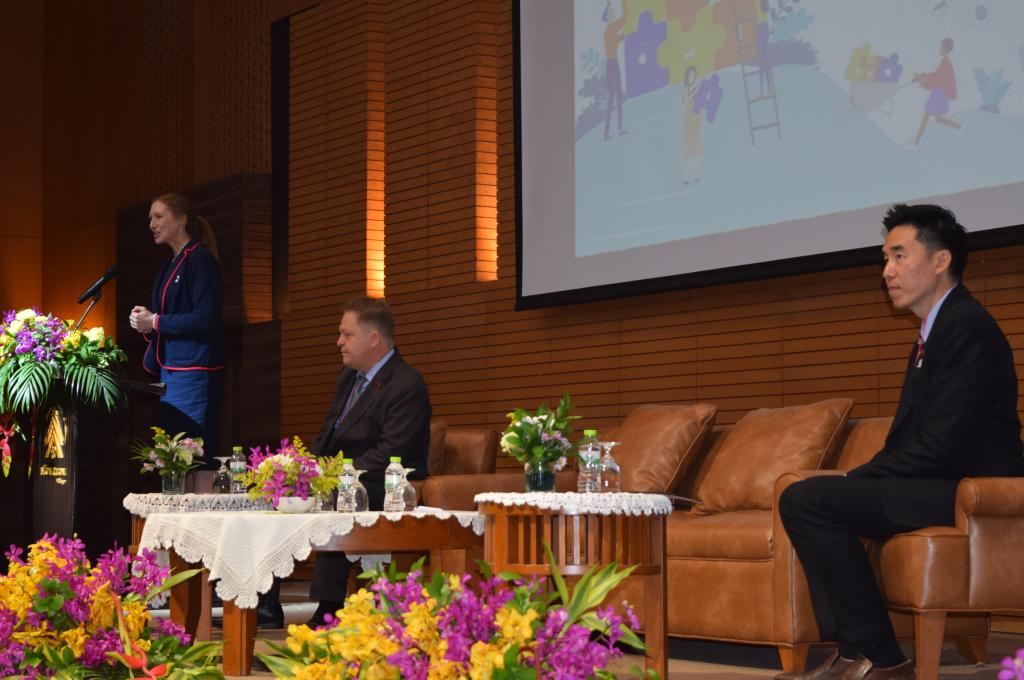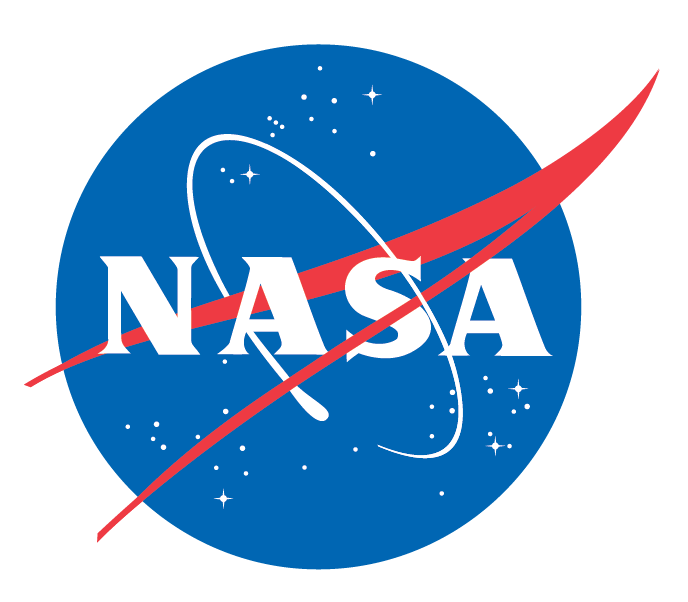Inclusive Climate Action Workshop 2024

Marginalized and Vulnerable Communities to discuss community-level environment issues
Chiang Mai, Thailand, Feb. 12, 2024 – Nearly one-hundred representatives of marginalized and vulnerable communities from five Southeast Asian countries, climate change and environment practitioners, and international organizations open a five-day workshop today to highlight the importance of gender equality and social inclusion in tackling climate change and environmental challenges.
The five-day event, titled "Inclusive Climate Action Workshop (ICAW): Empowering At-Risk Communities in Southeast Asia with Climate Information," intends to gather shared experiences and lessons-learned from a melting pot of representatives of marginalized and vulnerable groups from the five countries, various regional stakeholders, field experts, vulnerable community leaders and data providers.
ICAW is organized by SERVIR Southeast Asia (SERVIR SEA) and Mekong for the Future, a partnership between the U.S. Agency for International Development (USAID) and the World Wildlife Fund (WWF).
USAID, U.S. National Aeronautics and Space Administration (NASA), and the Asian Disaster Preparedness Center (ADPC) launched SERVIR SEA in January 2023 to help communities across Southeast Asia adapt to regional and transboundary climate issues and mitigate the impacts of climate change. SERVIR SEA receives NASA satellite imagery and data and uses them to help Southeast Asian governments and communities respond to natural disasters and build climate resilience.
“Today, we recognize a stark reality: our climate is rapidly changing. The need for effective adaptation and mitigation strategies is no longer a matter of debate. Everyone in this room realizes the need for immediate, and collective action,” said Linda McElroy, Deputy Mission Director for the USAID Regional Development Mission for Asia (RDMA). “We also understand that solutions can have far-reaching, and sometimes unintended, impacts at the community level, where local factors play a pivotal role,” she added.
Hans Guttman, Executive Director of ADPC, said SERVIR Southeast Asia’s work shows its commitment to a locally co-developed solutions based on regional information and tools developed by ADPC, USAID, and NASA.
“Workshops such as this will help ADPC and SERVIR Southeast Asia to use publicly available satellite technologies to develop tools that would help community-based and vulnerable groups propose workable solutions from their perspectives. We cannot find such solutions if we do not involve the perspective of half of the world population: our women and girls,” Guttman said.
ICAW will also include presentations from local climate action delegates from the five countries, interaction with local communities and civil society groups to learn how they can contribute to regional climate solutions, intensive and interactive workshops on comprehensive understanding of climate change, and exchanges of approaches, strategies, insights, and tools for adaptation and resilience among diverse communities across Southeast Asia.
The workshops will end by proposing a roadmap for climate adaptation, anticipatory action, and the management of air pollution, forest fires, and forest conservation, all while aligning with community needs.
For more press and media information, please contact:
At ADPC: Peyman Pejman: peyman.pejman@adpc.net
AT WWF: Heron Holloway: heron.holloway@wwf.org.mm
Background information about the organizers:
SERVIR Southeast Asia (SERVIR SEA), a joint initiative of USAID, NASA, and ADPC, aims to address crucial concerns relating to disaster and climate resilience, and environmental challenges in Southeast Asia. For more, see: server.adpc.net
The World Wildlife Fund (WWF) works across 25 countries in the Asia-Pacific region to conserve the region’s natural richness and to build a future in which nature and people thrive. Mekong for the Future, a partnership between USAID and the WWF, works to improve natural resource governance in the Lower Mekong by strengthening civil society’s participation in natural resource management. For more, see: https://www.usaid.gov/asia-regional/fact-sheets/mekong-future



